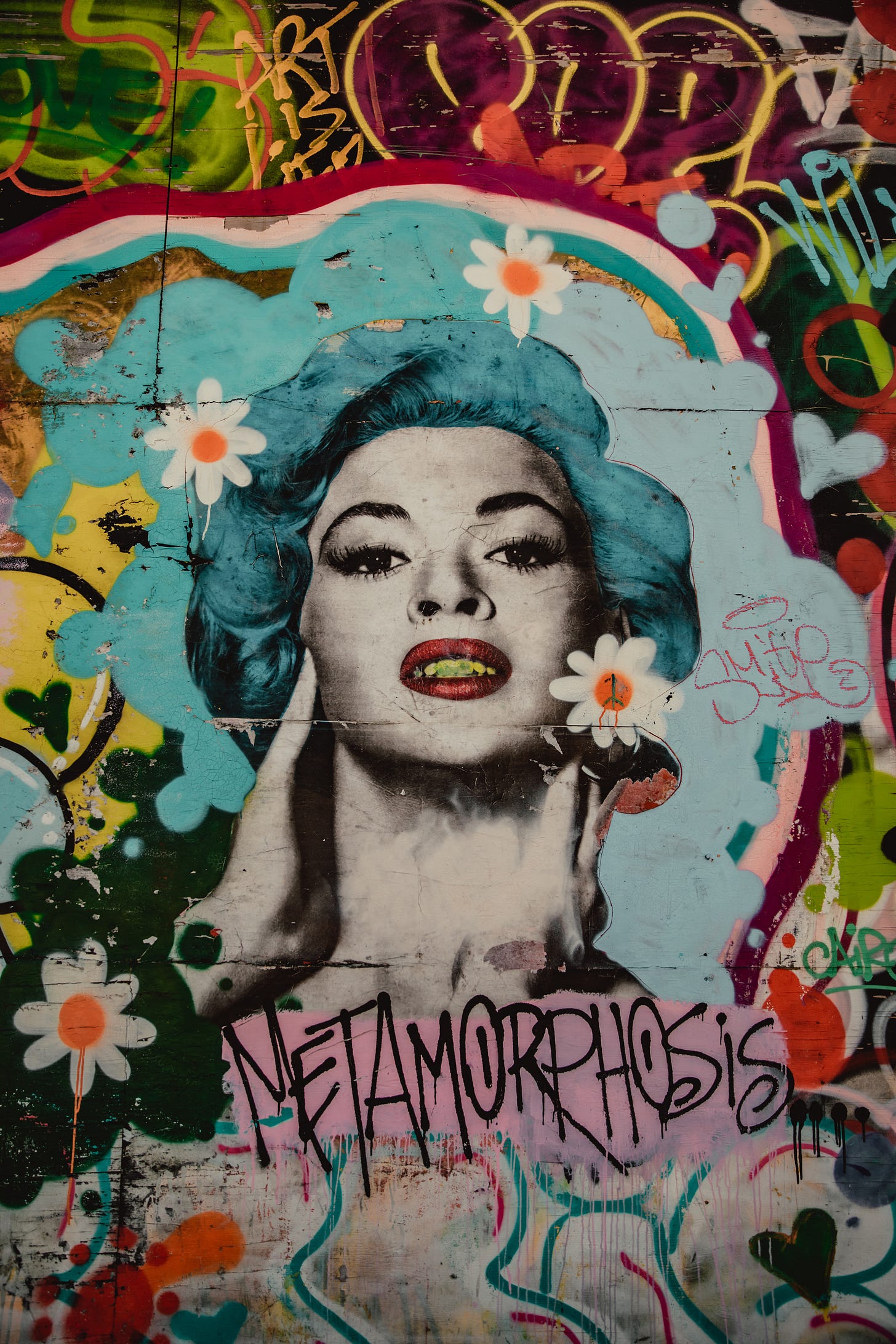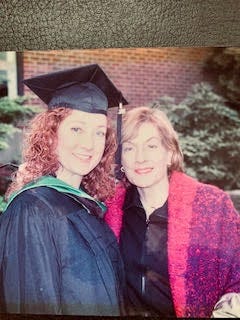In a youth-obsessed culture, it can often seem like kids — as in anyone younger than 29 — are having all the fun while we “adults” are doomed to steer straight into a midlife crisis.
Crisis? Really?
I could never wrap my arms around the term “midlife crisis.” That image of a dude in the red convertible, divorcing his wife and running off with his much-younger secretary? That story about a suburban mom running away to a torrid affair and a new identity?
It always seemed so ’70s.
Granted, by midlife, a lot of sad things have happened: We’ve lost parents and loved ones. We’ve lost jobs, marriages, friends. Our joints have started to ache. We need medication to keep our blood pressure and cholesterol levels steady, our bones strong, our hot flashes at bay.
And yet.
Even with so many sling and arrows of outrageous fortune, what remains is our self-esteem. Indeed, some researchers argue that our satisfaction with life increases from our early 50s all the way through our 60s, 70s and beyond:
In a 2011 study, for example, Stanford University psychologist Laura Carstensen and seven colleagues found that “the peak of emotional life may not occur until well into the seventh decade” — a finding that is “often met with disbelief in both the general population and the research community,” despite its strength.
Carstensen described this pattern in her own life. “Forties were, for me, the worst,” she said. “You’re never good enough professionally. I think you’re coming out of the fog in the 50s.” Now, at 60, she said, “I feel so privileged. I feel it now.”
— The Real Roots of Midlife Crisis, The Atlantic
To me, midlife is a transition leading to something else. I see it as the:
Opportunity to take all the blunders from the past and carry that wisdom with us to the present.
Time to lose the self-consciousness that plagued us when we were younger, when we thought we weren’t good enough.
Chance to give our ourselves permission to say “no” without the guilt.
Moment to be fully ourselves, to sing out loud if we feel like it, even if our voices aren’t the best.
At midlife, we are better people not because someone tells us to be, but because we want to be and have learned how to be.

Photo by MORAN on Unsplash
That said…
I’m hardly a Pollyanna type. I get depressed at times. I’m especially prone to existential crises, particularly when I think too hard about time and how quickly it passes. I’ve been known to cry easily, especially lately, when plagued by despair and pandemic.
I moan about the way my legs look in shorts. (Let’s be honest: I’ve always moaned about this. My nickname was “Spider Legs” — who can blame me?) I worry about my future, my husband, my children, my elderly mother and assorted relatives who once they pass, will put me on the “up next” level.
And still, I am not in crisis mode.
For me, age 50 meant graduating with an MFA from Sarah Lawrence College (see below), an endeavor I could only dream about when I was younger, much less take the guts and time to pursue. My brain was a bit rusty but the experience was so much more rewarding than it would have been had I done it decades prior. Learning is so much richer when you’re there because you want to be.
And now at 60-something, I returned to school once again: this time at Duke Integrative Medicine, earning my certification as an Integrative Wellness Coach. I’m not sure where exactly this will take me, but when I marched un-self-consciously across the stage (filled with mostly 20-somethings) to accept my MFA diploma back in 2005, who knew that would lead me to a flourishing career as a health journalist — or better yet, to building a community around thePause?
And now, it’s your turn. We’re so curious about the changes midlife has brought you. Have you made any shifts? Are you contemplating one? Comment on this post and let’s all share what we’re working on in this wondrous stage of midlife.
For a Pause
Meet Elliott Jaques, who invented the midlife crisis. A physician and psychoanalyst, Jaques first presented a paper describing a “depressive period lasting several years” to the British Psycho-Analytical Society in 1957.
Dante may have beaten Jaques to the punch. In “Midlife: A Philosophical Guide,” author Kieran Setiya argues that the famed writer might have had his own at age 35: “Midway on life’s journey, I found myself / In dark woods, the right road lost.”
In Passages, author Gail Sheehy (who sadly passed away last week), called the time-squeeze we feel in our late 30s and early 40s as “The Deadline Decade.” It’s when the question of “Will I have time to do it all?” rears its head. (Jennifer dives deep into this topic in her podcast, The Breadwinners.)
Google’s answer to “what is the best midlife crisis car?” serves up a mere 2.5 million results. But tops still seems to be the Chevy Corvette (which ruled the roost for guys of a certain age in 1980s as well).
A Word From a Pauser
Do You Have a Book Inside You?
Whether it's a memoir, a novel, or a how-to, Write in 10's short podcast and blogs will motivate and educate you on how to get started, improve your craft, and break into the industry. Listen, read, and sign-up for our newsletter today at Writein10.com.
One More Thing…
Looking for a little inspiration to get going this week? Here, Sheryl (and her mom!) celebrates her MFA graduation from Sarah Lawrence College in 2005, at age 50. What are you working on this week?

Until next week, stay well. Stay healthy. Stay safe.
See you next time!
xoSheryl&Jennifer
Drifting into time passages
Years go falling in the fading light
Time passages
Buy me a ticket on the last train home tonight.
— Time Passages, Al Stewart
Know someone who could use a Pause? Why not share us with them? Thanks so much!



